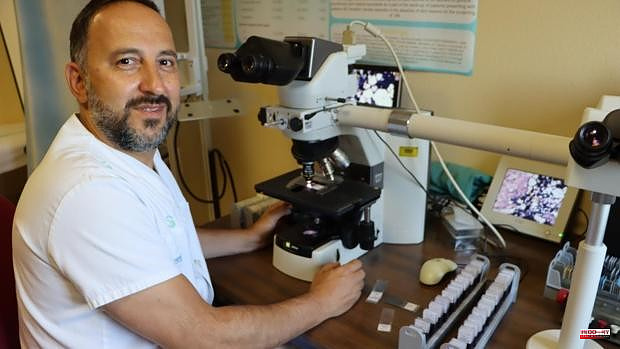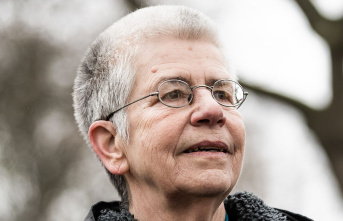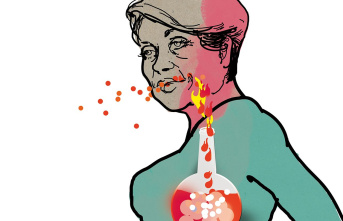Dr. Iván Álvarez-Twose, coordinator of the Castilla-La Mancha Mastocytosis Studies Institute (CLMast), dependent on the Castilla-La Mancha Health Service, participates this year as an advisor to the World Health Organization to establish a new classification of mastocytosis and redefine the diagnostic criteria of the disease.
Dr. Álvarez-Twose explained that the WHO, every eight years, updates the classification and diagnostic criteria of the different hematological diseases, which are finally reflected in the so-called 'blue book' of this United Nations specialized health agency, which is the reference book for hematologists, the Board reported in a press release.
In this sense, the director of the CLMast has indicated that all the changes that have been decided to incorporate this year in the chapter on mastocytosis have to do with studies that have been carried out at the Institute over the last 15 years and which are also included in his doctoral thesis read in 2017 and for which he received different research awards.
Among the main changes that will be incorporated this year are the inclusion of bone marrow mastocytosis, as a new clinical subtype of the disease, and the recognition of well-differentiated systemic mastocytosis as a morphological variant with its own entity.
Dr. Álvarez-Towse explained that mast cells are cells of the immune system produced by the bone marrow, from which they are distributed to the rest of the body's tissues, where they exert a protective function against potentially harmful agents such as infections, poisons or toxins, but they are also the main cells involved in allergy.
Mastocytosis occurs as a consequence of a genetic mutation that causes an excessive production of these cells, their accumulation in the tissues and the development of severe allergic reactions, even in the absence of recognizable factors that trigger them.
Most of them are considered to have a good prognosis. However, there are cases of advanced systemic mastocytosis, such as mast cell leukemia, aggressive systemic leukemia or systemic leukemia associated with another hematological neoplasm, which are clinical variants with a poor prognosis in which the mast cells can almost completely occupy the bone marrow and affect the normal functioning of this and other organs. The median survival of these patients is usually 12 to 24 months from diagnosis.












